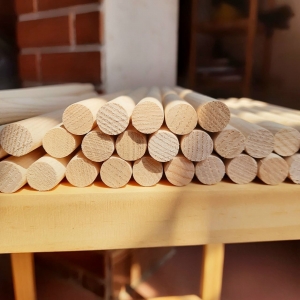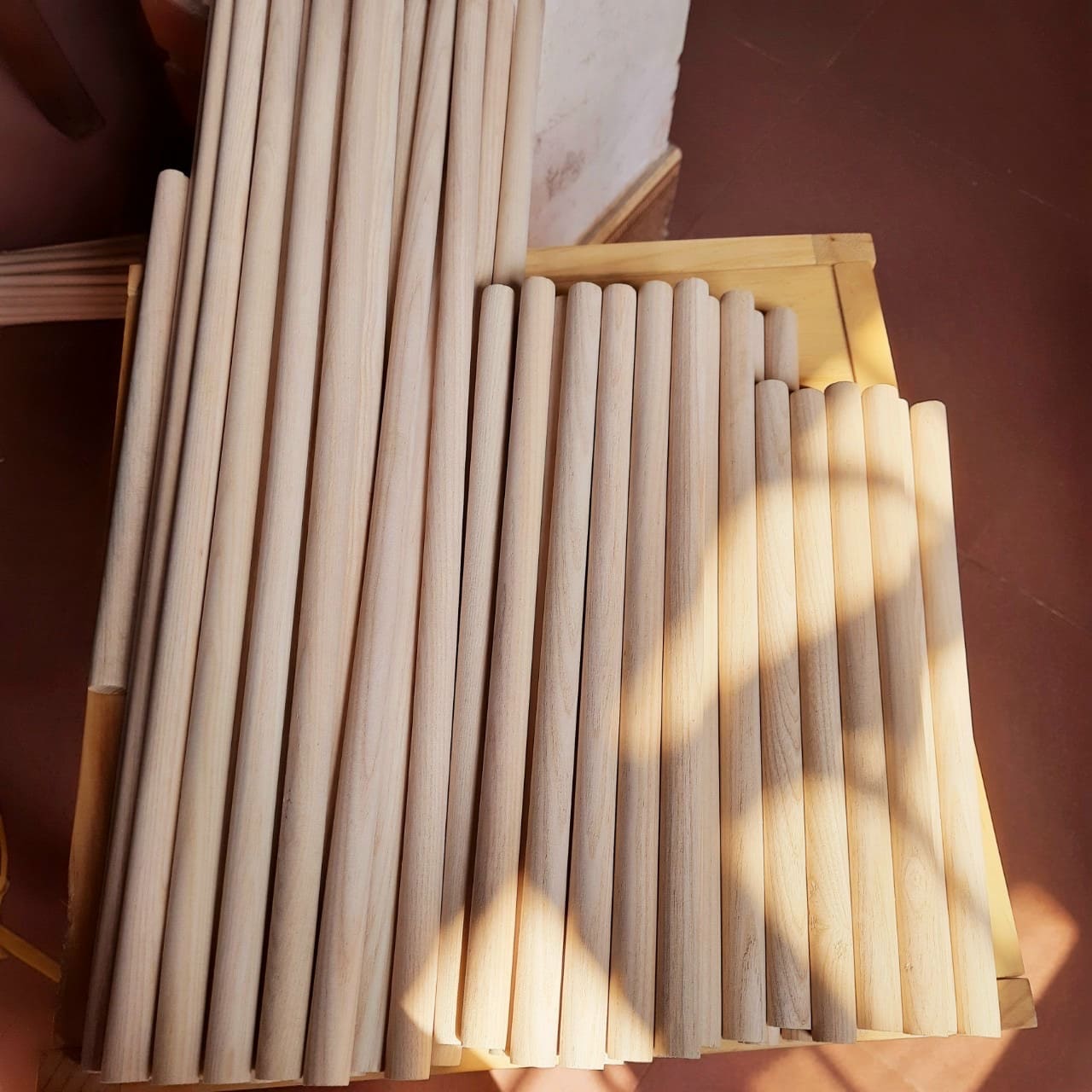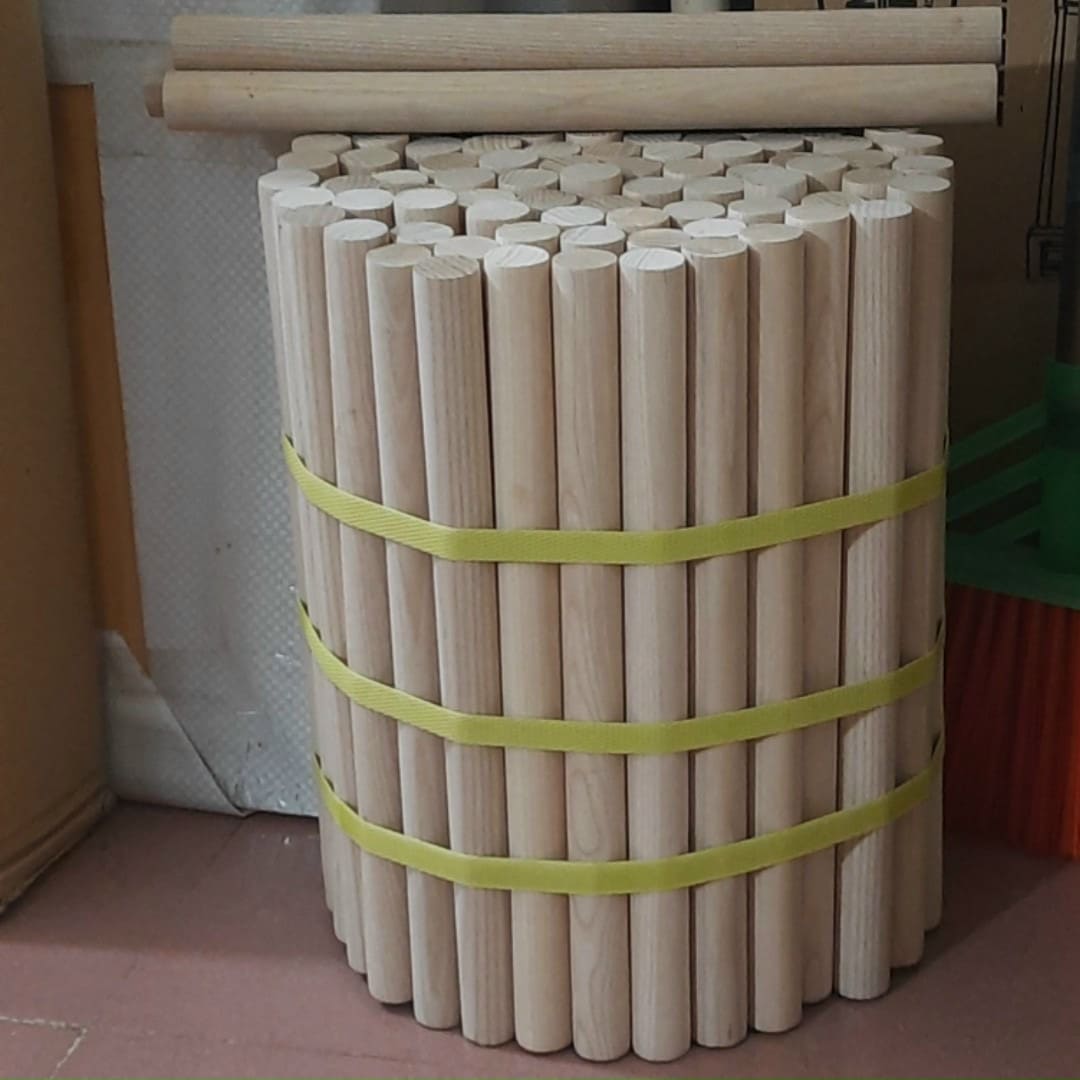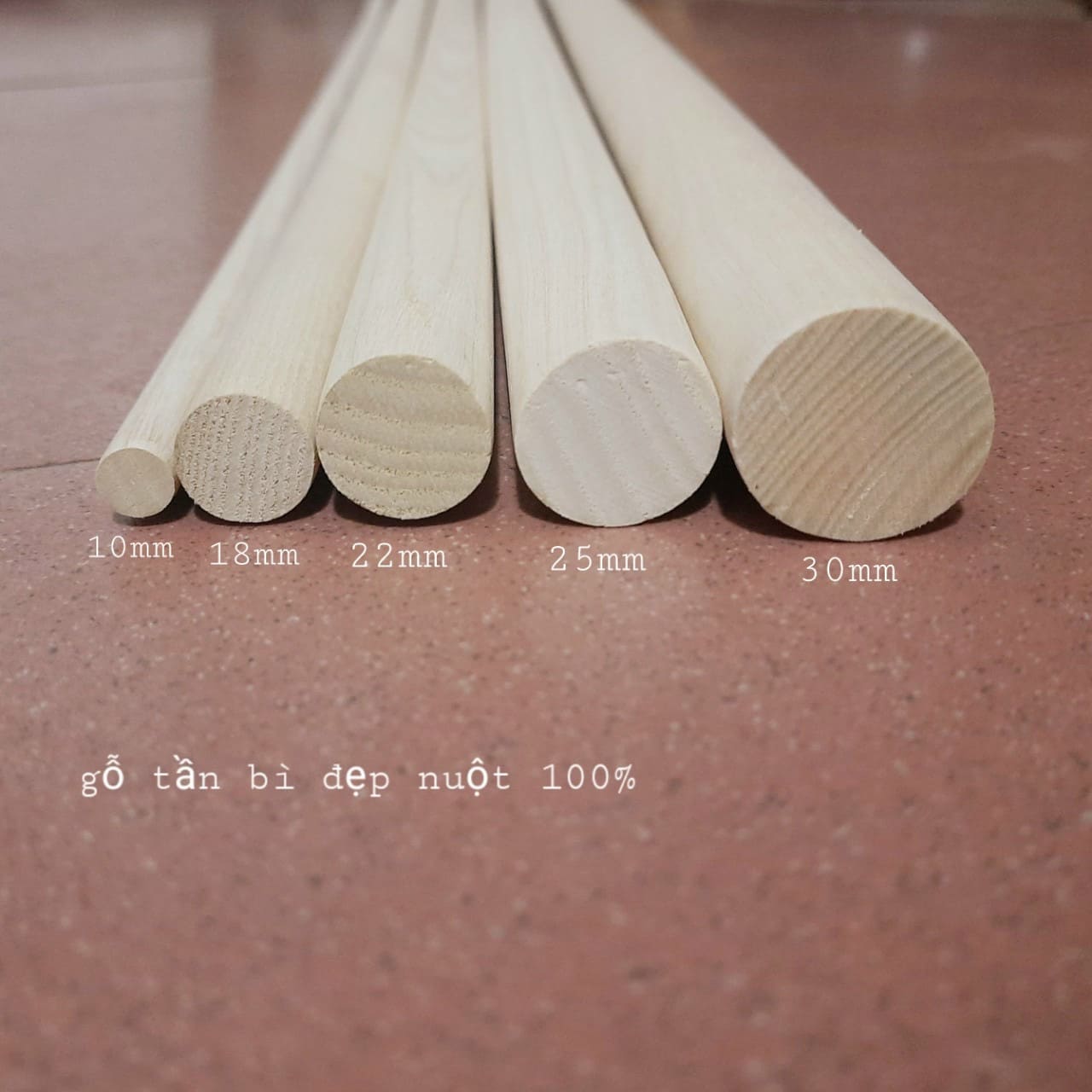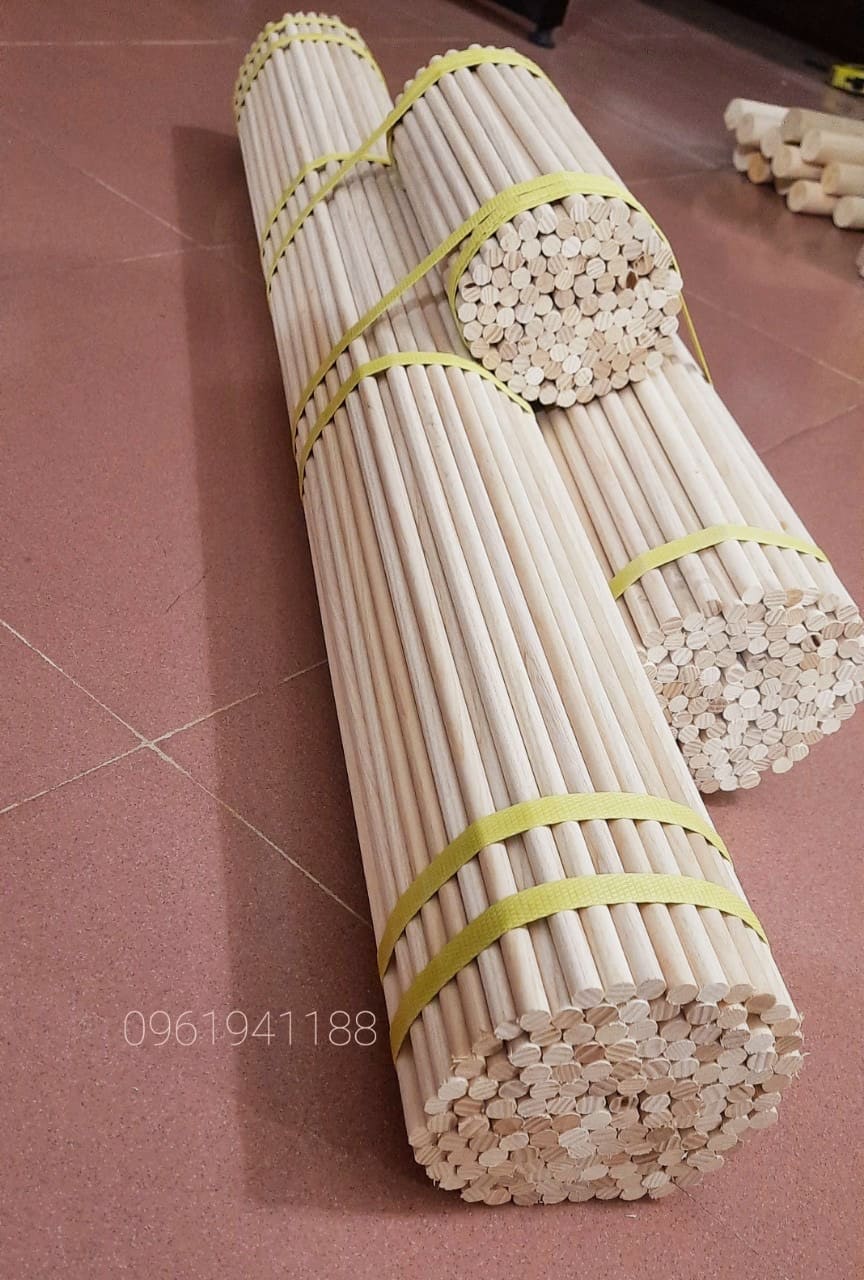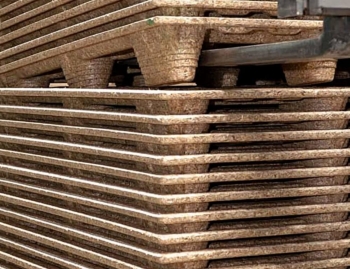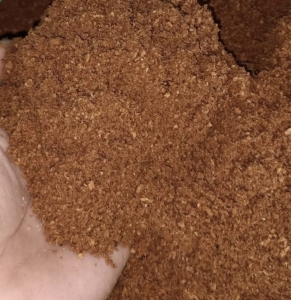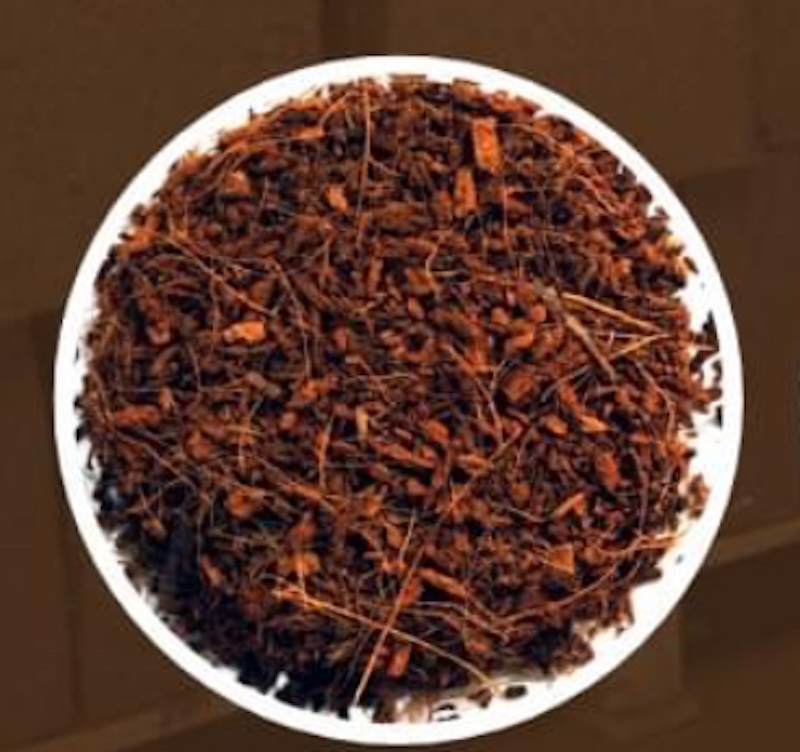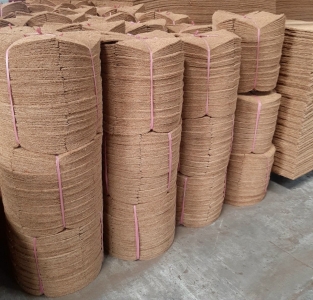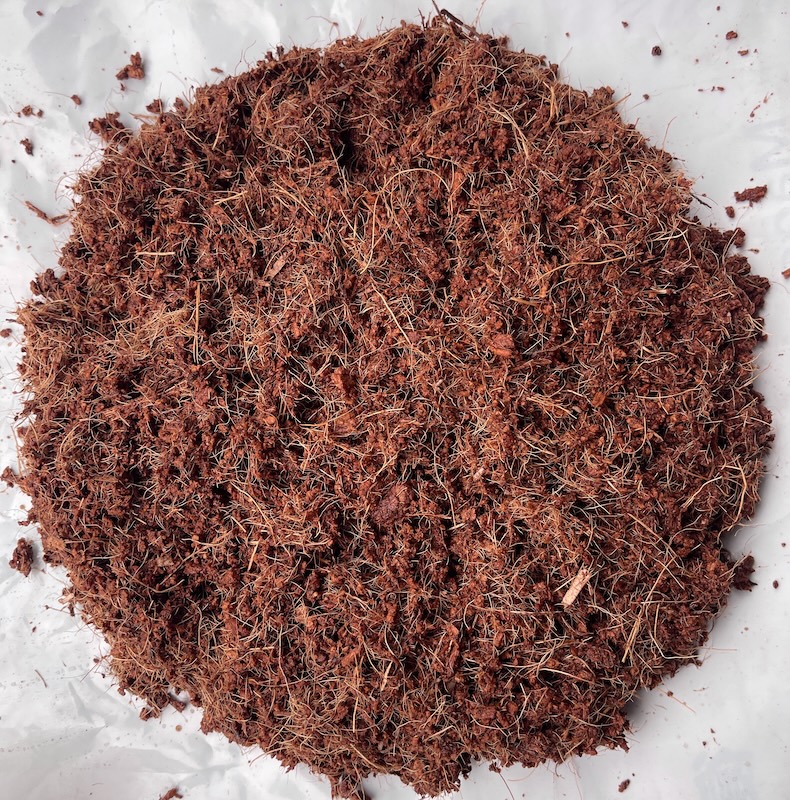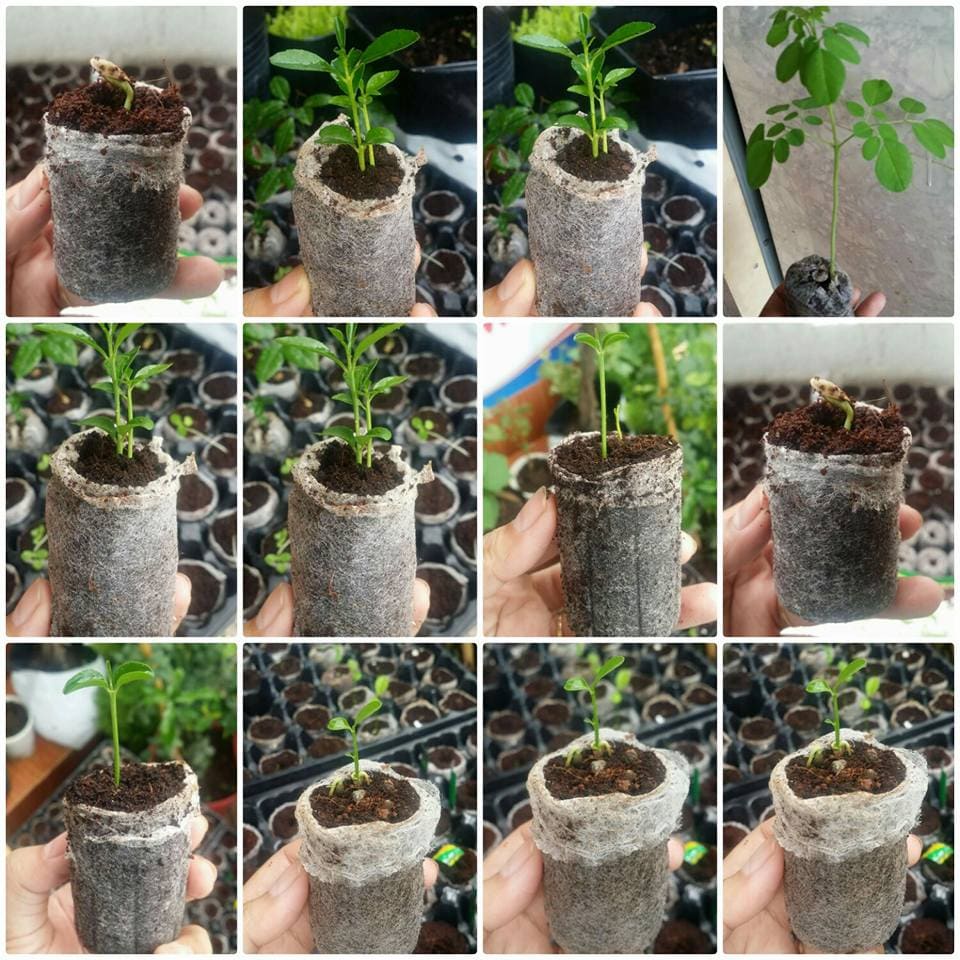Round wood stakes are a highly versatile and practical tool used in various applications across gardening, landscaping, construction, and more. Here’s an in-depth look at their uses, benefits, and considerations when selecting and utilizing them.
1. **Fencing Applications**
Round wood stakes are commonly employed as support posts for various types of fencing. Their cylindrical shape makes them easy to drive into the ground, providing a sturdy framework for different fencing needs:
- **Garden Fences**: These stakes can be used to create protective barriers around vegetable gardens or flower beds. They help deter animals like rabbits, deer, and other pests from accessing plants, ensuring the safety of your crops.
- **Livestock Fencing**: In agricultural settings, round wood stakes serve as robust posts for fencing to contain livestock such as cattle, sheep, and goats. Their strength and durability are essential for maintaining secure enclosures.
- **Privacy Fences**: For homeowners seeking to create private outdoor spaces, round wood stakes can be used to support privacy fencing, enhancing both security and aesthetics in yards or gardens.
2. **Support for Climbing Plants**
One of the most popular uses for round wood stakes is supporting climbing plants. They provide the necessary vertical support for plants that naturally grow upwards, such as:
- **Vegetables**: Plants like tomatoes, cucumbers, and pole beans thrive when staked. The stakes keep them upright, allowing for better sunlight exposure and airflow.
- **Vines and Flowers**: Climbing flowers such as morning glories and sweet peas benefit from the support provided by stakes, which helps them reach their full potential.
Benefits:
- **Maximized Space**: Vertical growth allows gardeners to utilize space more efficiently, especially in small gardens.
- **Easier Maintenance**: Staked plants are easier to prune, water, and harvest, reducing the risk of damage to the plants.
- **Disease Prevention**: Elevating plants off the ground helps reduce the risk of soil-borne diseases and pests, promoting healthier growth.
3. **Garden Markers and Layouts**
Round wood stakes can also function as garden markers. By labeling stakes, gardeners can easily identify different plant varieties, track growth, and organize planting layouts. This is particularly useful in larger gardens where multiple species are cultivated.
4. **Landscaping Uses**
In landscaping, round wood stakes are utilized for various functional and aesthetic purposes:
- **Temporary Supports**: Young trees and shrubs often require support during their initial growth phases. Stakes can stabilize them against wind and help guide their growth direction.
- **Pathway Edging**: They can serve as natural borders for pathways or flower beds, helping to define spaces and prevent soil erosion.
- **Trellises**: When arranged in parallel or crisscross patterns, round wood stakes can create simple yet effective trellises for climbing plants, enhancing garden design.
5. **Erosion Control**
In areas prone to soil erosion, round wood stakes can be integral to stabilization efforts. They can be used in conjunction with other materials, such as burlap or straw, to create barriers that help retain soil and prevent runoff. This application is particularly important in hilly or sloped areas.
6. **Construction and DIY Projects**
Round wood stakes are useful in various construction and DIY projects, including:
- **Temporary Structures**: They can support canopies, tents, or other temporary structures for outdoor events or gatherings.
- **Garden Beds**: Stakes can outline and stabilize raised garden beds, helping to maintain their shape and structure over time.
- **Signage**: They can hold signs for events, directions, or garden information, making them valuable for festivals, markets, or garden tours.
7. **Durability and Treatment Considerations**
When selecting round wood stakes, consider the following factors:
- **Material**: Common materials include cedar, pine, and redwood. Cedar is particularly favored for its natural resistance to rot and insects, making it a long-lasting choice for outdoor use.
- **Treatment**: Many wood stakes are treated with preservatives to extend their lifespan, especially when they will be in prolonged contact with soil or moisture. Look for stakes that are labeled as pressure-treated for enhanced durability.
- **Size and Length**: Round wood stakes come in various lengths and thicknesses. The size you choose should correspond to the specific application, with taller stakes for climbing plants and sturdier ones for fencing.
Conclusion
Round wood stakes are invaluable tools in gardening, landscaping, and construction, offering a range of applications from supporting climbing plants to securing fences and marking garden plots. Their durability, ease of use, and versatility make them a favorite among gardeners and landscapers alike. When selecting the right stakes, consider the material, treatment, and size to ensure they meet your project’s specific needs. By incorporating round wood stakes into your gardening or landscaping efforts, you can promote healthier plant growth, enhance your outdoor space, and achieve better organization in your garden.




